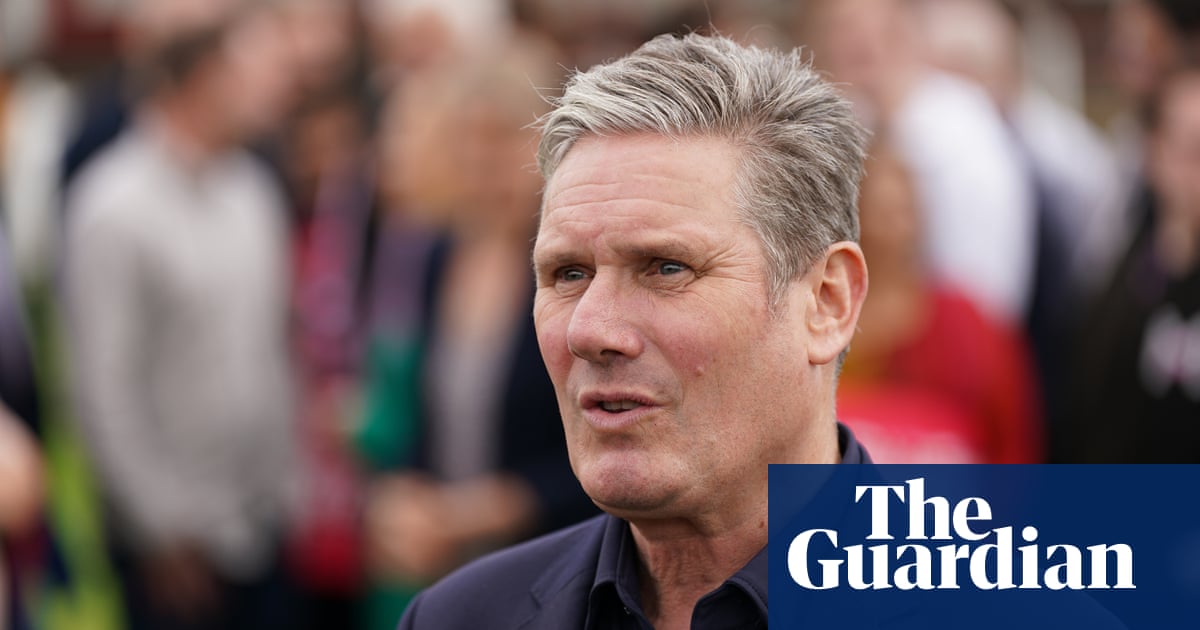
Liz Truss’s cabinet is in open warfare over the 45p tax U-turn and benefit cuts, with the home secretary accusing fellow Tory MPs of a coup against the prime minister.
On another chaotic day at the Conservative party conference, ministerial discipline broke down, with cabinet colleagues disagreeing over key policies and bitter infighting over the decision to scrap plans to ditch the top rate of tax.
In some of the most provocative remarks, Suella Braverman said she was “disappointed” by the U-turn – and suggested Tory MPs were trying to overthrow Truss’s government.
The home secretary was backed by Simon Clarke, the levelling up secretary, but criticised by Kemi Badenoch, the trade secretary, who said talk of a coup was “inflammatory”.
Braverman appeared to be taking aim at the former cabinet ministers Michael Gove and Grant Shapps, who dominated the first day of the Birmingham event by criticising the abolition of the 45p tax rate.
On Tuesday, Shapps suggested Truss had about 10 days to turn things around and signalled MPs may try to remove her if polls continued to show Labour on course for a landslide majority.
While claiming he wanted Truss to succeed, he told Times Radio: “I don’t think members of parliament, Conservatives, if they see the polls continue as they are, are going to sit on their hands. A way would be found to make that change.”
Battle lines were also drawn over Truss’s refusal to rule out saving £4bn a year by raising benefits in line with earnings rather than inflation – a real-terms cut that could further squeeze the poorest.
Braverman came out strongly in favour of the idea of cuts, hitting out at what she termed the UK’s “Benefits Street culture”, saying there needed to be “more stick” to get “a stubborn core who see welfare as the go-to option” back into work.
However, two other cabinet ministers, Penny Mordaunt and Robert Buckland, along with the Brexit hardliner David Frost, broke ranks to say they did not support the idea of failing to increase benefits in line with inflation.
One cabinet minister also said they thought Chloe Smith, the work and pensions secretary, was on the same page, and privately colleagues thought the policy did not command the support of the parliamentary party.
At a fringe event for the free-market thinktank the Institute of Economic Affairs, Kwasi Kwarteng, the chancellor, was non-committal on welfare cuts and appeared to be keen to dial down the row, though a review will take place into the uplift.
“I think you do have an obligation to vulnerable people,” he said, citing the energy price freeze. He added: “I’m not gonna get drawn into debates around benefits … but I would make a broad point that we are a humane society. Compassionate conservatism is a good phrase. And it’s something that I think we do have a duty to look after vulnerable people.”
With open disputes over the government’s tax and spending plans, Kwarteng caused further confusion by publicly dismissing the idea that he would bring forward his 23 November fiscal plan to calm the markets. At the same time, Downing Street sources were briefing that he would try to make the statement this month instead of next, if possible.
In her speech on Wednesday, Truss was set to repeat her central argument that she wanted to “break us out of this high-tax, low-growth cycle”.
She will say: “We need to do things differently. Whenever there is change, there is disruption. Not everyone will be in favour. But everyone will benefit from the result – a growing economy and a better future. That is what we have a clear plan to deliver.”
Truss and Kwarteng gave a series of broadcast and fringe interviews aiming to show they had got a grip of their administration. However, cabinet ministers and MPs continued to criticise each other in public and on Twitter. In further developments that added to the sense of indecision:
Truss refused to rule out returning to the idea of abolishing the 45p rate, saying she supported it in principle, and Kwarteng twice referred to the move as being “postponed” rather than cancelled.
The prime minister repeatedly declined to rule out raising benefits in line with earnings rather than inflation, but said she would not sack Mordaunt for speaking out against it.
Kwarteng suggested to GB News that the mini-budget had been delivered in the “high pressure” aftermath of the Queen’s death.
Truss said a decision was yet to be taken on raising the pension age again, which would be another controversial move.
Jacob Rees-Mogg, the business secretary, suggested the public should defy laws restricting confectionery from being sold near checkouts and criticised the “bossy boots” who had brought in calorie counts on menus.
Nadine Dorries, the former culture secretary, said the prime minister had no mandate for her new policies.
The most significant intervention of the day came from Braverman, as she accused Tory MPs of having “staged a coup and undermined the PM in an unprofessional way” to force the reversal of the abolition of the 45p rate.
“We are one party, the prime minister has been elected. She has got a serious mandate to deliver. She did talk about tax cuts all through the summer in a pretty exhausting process. She is doing what it said on the tin,” she told the Telegraph’s Chopper’s Politics podcast.
After her comments, Clarke, a close ally of the prime minister, said: “Suella speaks a lot of good sense, as usual.”
This was, however, contested by Badenoch who told a ConservativeHome event: “I don’t think we should be talking about coups. I think that sort of a language is just too inflammatory. People should be able to change their minds without the world coming to an end.”
Backbench MPs, including Simon Hoare and Steve Double, said they had been sticking up for their constituents in opposing the abolition of the 45p rate.
Double, the MP for St Austell and Newquay, said: “Doing what we believe to be right for our constituents is not ‘a coup’ or unprofessional. It’s called doing our job as backbench MPs. If this is the approach the cabinet take, we’re in for a bumpy time.”
Hoare, the chair of the Northern Ireland select committee, said: “Representing one’s constituents is not a coup.”
Shapps, the former party chair and ex-cabinet minister, underlined the seriousness of the situation facing Truss as he suggested she had 10 days to turn her leadership around.
Speaking to the News Agents podcast, he said: “I think if you’re honest, the next 10 days is a critical period of time, she’s got a conference speech to make after a very difficult few days, she’s got the MPs coming back together again for the first time since things became choppy, of course, I mean, it’d be ludicrous to say anything else. But is it possible? Yes, it is possible, and I’m cheering her on to do it.”
With the debate raging about how Truss and Kwarteng will pay for their tax cuts, the timetable for setting out the medium-term growth plans remained up in the air.
The pound strengthened on Tuesday after speculation Kwarteng would bring forward the fiscal event to October. However, the chancellor subsequently told GB News he was sticking to the original date. Asked what he had meant by saying the fiscal plan would be published shortly, he said: “Shortly is the 23rd. People reading the runes … it’s going to be the 23rd.”
Government sources continued to brief that No 10 and No 11 were considering bringing the date forward but that parliament would have to be informed of any changes first.
The lack of clarity is likely to cause consternation among Conservative MPs, especially those who had pressed the government to bring forward the date of its fiscal update to try to reassure the markets.
There also appeared to be signs of tension at the top after Truss raised eyebrows by refusing to say in an interview with Sky News that she trusted Kwarteng.
However, she later corrected that in an interview with Talk TV, saying: “I do trust the chancellor, absolutely. The chancellor is a very close colleague of mine, we work very closely together.”












